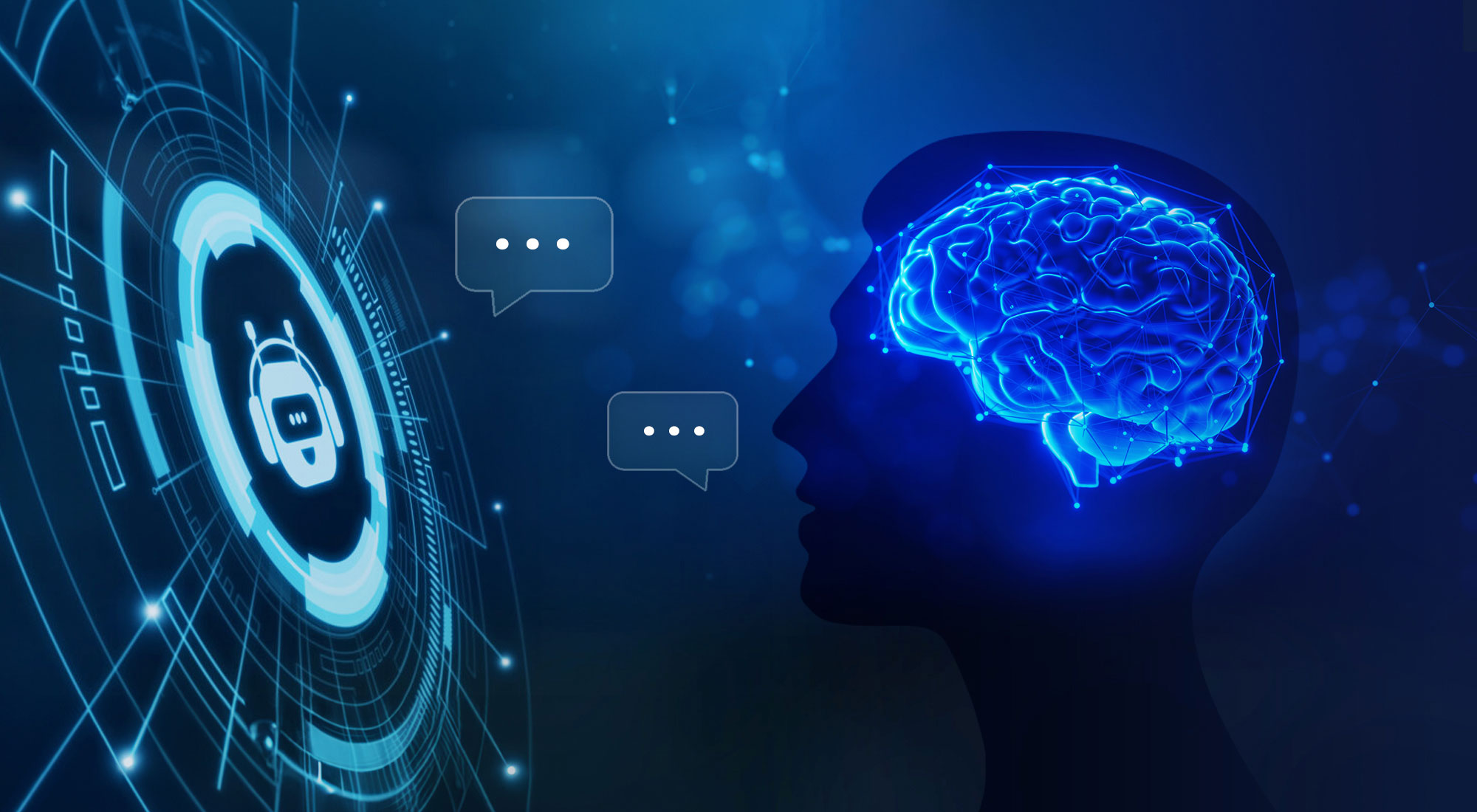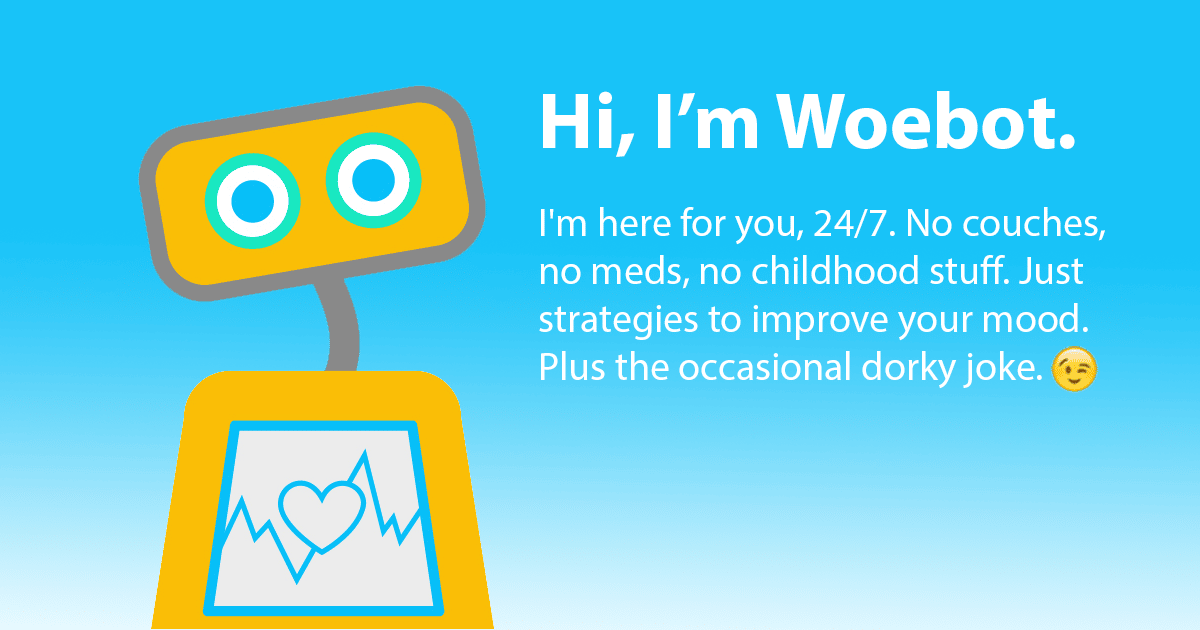The integration of artificial intelligence in mental health services represents a paradigm shift, offering both exciting opportunities and significant challenges. Automated therapy tools, such as AI-driven chatbots, virtual counselors, and predictive analytics, are reshaping how mental health care is accessed and delivered. With promises of enhanced accessibility, cost-effectiveness, and personalized care, AI is becoming a game changer in the mental health landscape. However, questions about ethical considerations, data security, and the limitations of technology remain pressing concerns.
This article explores the potential of AI in mental health care while critically examining its drawbacks.
The Rise of AI in Mental Health Care
1. Increased Accessibility to Care
AI-powered mental health tools are breaking barriers to accessing care, particularly for those in underserved or remote areas.
- 24/7 availability: Unlike traditional therapy, AI systems such as chatbots are available around the clock, offering immediate support.
- Language inclusivity: Many platforms support multiple languages, making care accessible globally.
- Affordability: Automated tools are often more cost-effective than traditional therapy, addressing financial barriers.
2. Personalized Support Through Data Insights
AI systems leverage machine learning to analyze user data and provide tailored interventions.

- Custom therapy plans: Algorithms can assess user needs and recommend specific therapeutic exercises.
- Real-time feedback: Tools like mood trackers allow users to monitor emotional patterns, encouraging self-awareness.
3. Early Detection of Mental Health Issues
Predictive analytics powered by AI can identify mental health risks before symptoms escalate.

- Proactive care: AI applications in telemedicine can detect early signs of conditions like depression or anxiety, prompting timely interventions.
- Pattern recognition: Tools that analyze speech, writing, or physiological data can identify warning signs of emotional distress.
The Ethical and Practical Challenges of Automated Therapy
1. Limited Emotional Intelligence
AI lacks the nuanced understanding and empathy essential to effective mental health treatment.
- Absence of human connection: While chatbots like Woebot and Wysa offer conversational support, they cannot replicate the depth of human interaction.
- Risk of misinterpretation: Automated systems may struggle to understand sarcasm, cultural context, or complex emotions.
2. Data Privacy and Security Concerns

The use of sensitive personal data raises significant ethical questions.
- Risk of breaches: Storing user data on cloud-based systems makes it vulnerable to cyberattacks.
- Informed consent issues: Users may not fully understand how their data is being collected, stored, or used.
3. Overreliance on Technology
While AI can supplement care, it cannot replace the expertise of licensed professionals.
- Inaccurate diagnoses: Overdependence on AI-generated insights might lead to incorrect evaluations.
- Exclusion of complex cases: Automated tools are less effective for individuals with severe or multifaceted mental health conditions.
Case Studies and Examples
1. Woebot: A Popular AI-Powered Mental Health Chatbot

Woebot utilizes cognitive-behavioral therapy (CBT) principles to engage users in managing stress, anxiety, and depression.
- Strengths: It provides real-time support, making therapy more accessible for tech-savvy individuals.
- Limitations: Critics argue that its capabilities are limited to addressing mild concerns and may not suffice for more serious issues.
2. AI in Crisis Management
Some AI applications, such as Crisis Text Line, use machine learning to identify high-risk individuals based on language patterns.
- Success stories: Timely interventions have saved lives by prioritizing users in acute distress.
- Concerns: Over-reliance on AI in emergencies may delay the involvement of qualified professionals.
3. Virtual Reality Therapy
AI-powered virtual reality tools are used to treat PTSD, phobias, and anxiety disorders.

- Benefits: Simulated environments allow patients to confront fears in a controlled setting.
- Drawbacks: The technology is expensive and inaccessible to many, limiting its widespread application.
Regulatory and Ethical Frameworks: The Need for Standards
1. Transparency in AI Systems
Developers must prioritize clear communication about how AI tools function.
- Explainable AI: Systems should be designed to provide clear explanations for their recommendations.
- User education: Mental health platforms must ensure users understand the capabilities and limitations of AI-based therapy.
2. Protecting User Data
Robust data security measures are crucial to maintaining trust in automated mental health care.

- Encryption protocols: AI platforms must adopt advanced encryption to safeguard sensitive information.
- Policy alignment: Compliance with global standards like GDPR ensures user rights are respected.
3. Collaboration with Mental Health Professionals
AI should complement, not replace, traditional therapy.
- Integrated care models: Combining AI tools with human expertise ensures comprehensive treatment.
- Continuous training: Therapists must be equipped to interpret AI-generated insights effectively.
Balancing the Promises and Pitfalls
While the potential of AI in mental health care is undeniable, it is essential to approach its implementation with caution. By addressing ethical concerns, improving data security, and emphasizing collaboration with mental health professionals, AI can become a valuable asset in enhancing therapy outcomes.
Conclusion
The intersection of artificial intelligence and mental health is a promising frontier, offering transformative possibilities for how care is delivered. However, it is not without its challenges. As technology continues to evolve, striking a balance between innovation and ethical responsibility will be key to maximizing its benefits.
How do you feel about the rise of AI in mental health therapy? Share your thoughts in the comments below, or visit our website for more insights on this groundbreaking topic. Let’s continue the conversation about shaping a better future for mental health care.

Leave a Reply